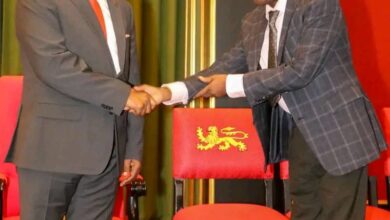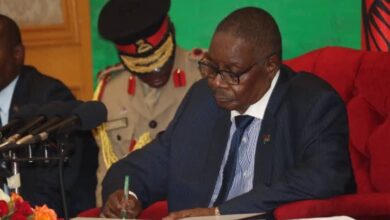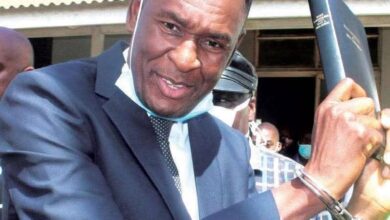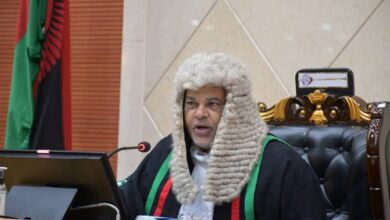Columns
Press Freedom Under Siege: Analyzing the Deterioration of Journalistic Independence in Malawi
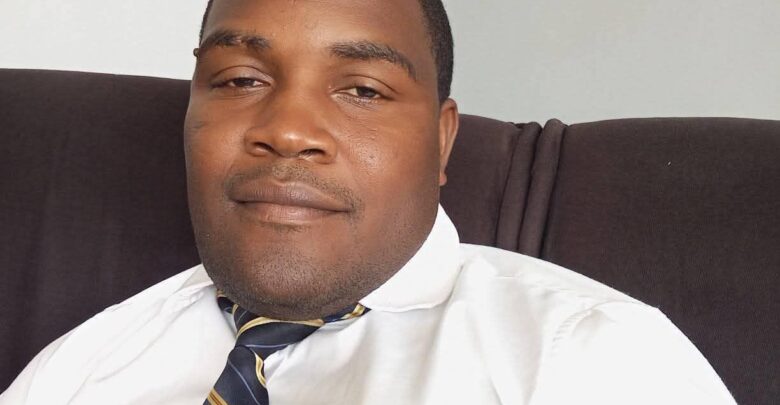
By Twink Jones Gadama
In recent years, Malawi has witnessed a troubling trend regarding press freedom, particularly under the leadership of President Lazarus Chakwera. Once hailed as a beacon of hope for democratic governance and human rights, Chakwera’s administration has increasingly come under scrutiny for its treatment of journalists and the media.
The recent incident involving Daily Times reporter Isaac Salima who was reportedly tortured by police for merely doing his job, serves as a stark reminder of the precarious state of press freedom in the country. This incident is not an isolated case but rather part of a broader pattern of intimidation, censorship, and violence against journalists that threatens the very foundation of democracy in Malawi.
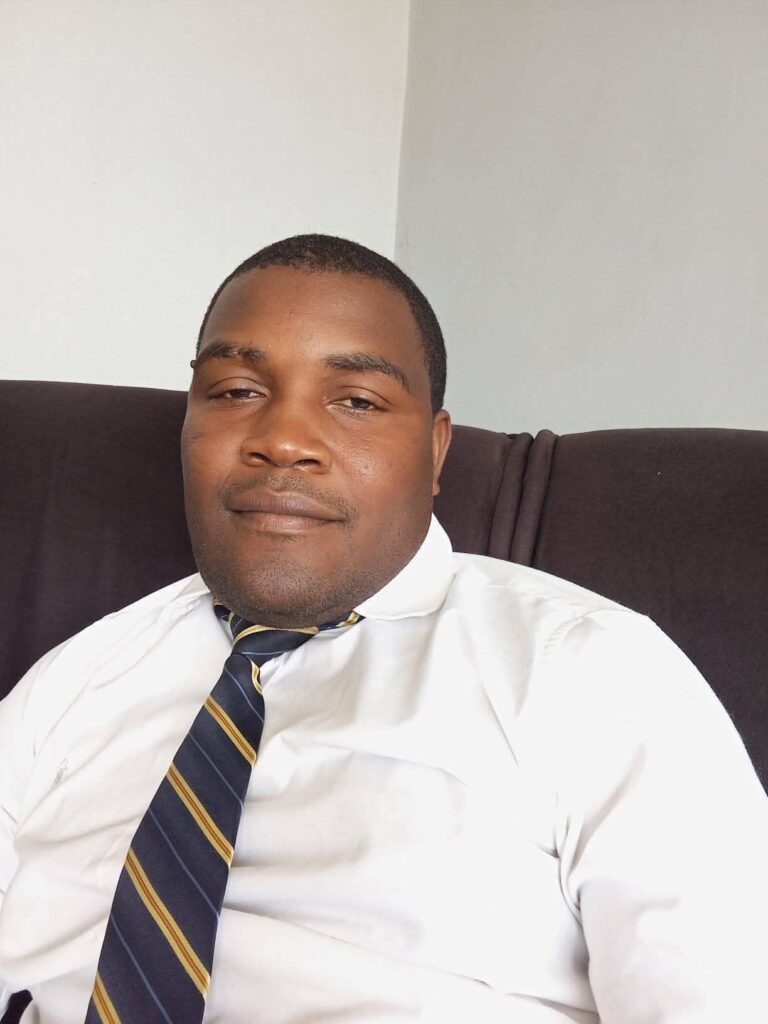
The role of the press in a democratic society cannot be overstated. Journalists serve as watchdogs, holding those in power accountable and providing citizens with the information they need to make informed decisions. However, in Malawi, the environment for journalists has become increasingly hostile. The Chakwera administration, which came to power in 2020 with promises of reform and transparency, has instead fostered an atmosphere of fear and repression. The incident involving Isaac is emblematic of this troubling trend, highlighting the lengths to which authorities will go to silence dissent and control the narrative.
Isaac’s experience is a chilling reminder of the risks that journalists face in Malawi. According to reports, he was detained by police while covering a story, and during his detention, he was subjected to physical abuse and psychological intimidation. The police demanded that he delete all the footage he had captured, effectively erasing evidence of their misconduct. This act of coercion not only violates Isaac’s rights as a journalist but also undermines the public’s right to know. By silencing journalists and erasing their work, the government is attempting to manipulate the narrative and suppress dissenting voices.
The chilling effect of such incidents extends beyond individual journalists. When reporters are targeted for their work, it sends a clear message to the entire media landscape: self-censorship is the safest option. Journalists may think twice before covering sensitive topics or investigating government corruption, fearing for their safety and the safety of their sources. This culture of fear stifles critical reporting and undermines the media’s role as a check on power. As a result, the public is left in the dark, deprived of vital information that is essential for a functioning democracy.
Moreover, the Chakwera administration has employed various tactics to undermine press freedom, including legal harassment, censorship, and the use of state-owned media to propagate government narratives. Laws that were intended to protect journalists have been weaponized against them, with authorities using defamation and sedition laws to silence critical voices. Journalists have faced arrests for reporting on issues deemed sensitive by the government. This legal framework creates a chilling environment where journalists must navigate a minefield of potential repercussions for their work.
The state-owned media(MBC) in Malawi has also become a tool for the government to control the narrative. Instead of serving as an independent source of information, this outlet often acts as mouthpiece for the ruling party, disseminating propaganda while sidelining critical reporting. This lack of diversity in media ownership and perspective further exacerbates the challenges faced by independent journalists, who struggle to compete against a government that controls the flow of information.
International organizations and human rights advocates have raised alarms about the deteriorating state of press freedom in Malawi. Reports from organizations such as Reporters Without Borders and the Committee to Protect Journalists highlight the increasing number of attacks on journalists and the growing climate of fear. These organizations emphasize that a free press is essential for democracy and call on the Malawian government to uphold its commitments to human rights and freedom of expression.
Despite these calls for action, the Chakwera administration has largely remained unresponsive to concerns about press freedom. Instead of fostering an environment where journalists can operate freely and safely, the government has continued to prioritize its own interests over the public’s right to information. This disregard for press freedom not only undermines democracy but also erodes public trust in government institutions.
The implications of this erosion of press freedom are profound. A vibrant and independent media is essential for holding those in power accountable and ensuring that citizens are informed about the actions of their government. When journalists are silenced, the public is left vulnerable to misinformation and manipulation. The lack of critical reporting on government actions can lead to unchecked abuses of power, corruption, and a general decline in democratic governance.
As the situation in Malawi continues to deteriorate, it is crucial for both domestic and international actors to advocate for the protection of press freedom. Civil society organizations, human rights advocates, and concerned citizens must come together to demand accountability from the government and to support journalists in their efforts to report the truth. International pressure can also play a significant role in encouraging the Malawian government to uphold its commitments to human rights and freedom of expression.
In conclusion, the recent incident involving Daily Times reporter Isaac is a stark reminder of the challenges facing journalists in Malawi under President Chakwera’s administration. The systematic targeting of journalists, coupled with a culture of fear and repression, poses a significant threat to press freedom and democracy in the country. As the government continues to undermine the role of the media, it is imperative for all stakeholders to stand in solidarity with journalists and advocate for a free and independent press. The future of democracy in Malawi depends on the ability of journalists to operate without fear of retribution, and it is the responsibility of all citizens to protect this fundamental right.



